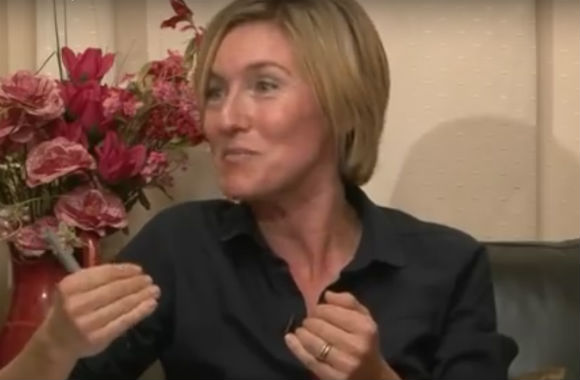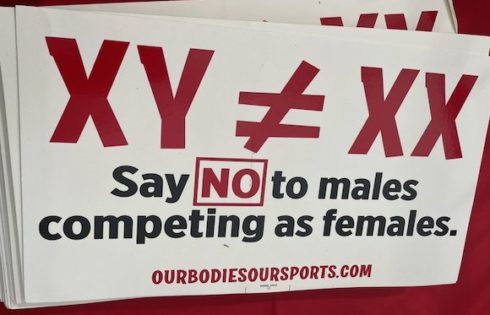
What a low view of nonwhite students
My career in journalism stretches back to George W. Bush’s second term, and perhaps the most repeated phrase I’ve heard when dealing with PR people is “as you know.”
It’s a way for them to convey their client’s information or viewpoint without suggesting the journalist is ignorant of the latest news or current events. “As you know, the European Union issued a record $5.1 billion fine against Google …”
Frankly, it annoys me. Maybe I don’t know something (should I have?) and it feels a bit paternalistic to imply I’d feel embarrassed or slighted if you didn’t reassure me that I know something.
So I get why students may be irritated when a professor prefaces a statement in class with “as you know.” What I don’t get is why this is a racial issue.
Something called the “Equality and Diversity Network” at the U.K.’s University of Bath held a meeting in May – apparently just being noticed in mid-July – where the short film Why Is My Curriculum White? was screened. One of the students in the film says being told “as you know” leads to “self-doubt.”
MORE: Profs advised to treat microaggressions like assault
The minutes of the meeting (h/t The Blaze) show the post-screening discussion went over the “attainment gap for [black and minority ethnic] students,” who were 50 percent less likely to get a good degree in “some years.”
The co-chair of Bath’s Student Union Race Equality Group, Berenice Dalrymple, speculated why this was happening:
She pointed out that some courses addressed engagement and students learned about a wide range of topics. Generally all students needed a wide and varied education to prepare themselves for everyday life and for the diverse workplace which has to respond to a variety of cultures. Some lecturers used commonly known references stating “as you know”, which could make students feel at fault for not knowing and make it difficult for them to engage with the course content.
According to the Daily Mail, former university lecturer and Spiked education editor Joanna Williams (below) called out this curious advice to educators on July 13:
She said: ‘The assumption that students can’t cope with the common expression “as you know” is ridiculous.’
She suggested such ideas were being generated by administrators and academics ‘who need to justify their salaries’ and who planted them in the heads of student union activists when the majority of undergraduates were ‘far more sensible and would not freak out’ if a lecturer used the phrase.

MORE: Williams says profs teach students to stifle academic freedom
A spokesperson for the university apparently ignored the question of how the mildly annoying phrase “as you know” could derail your learning, telling the Mail that the Equality and Diversity Network had a “broad membership” (must be a “broad” definition):
He added: ‘One of the good things about universities is having the freedom of speech to discuss equality and diversity openly. Our students are bright, curious and frequently challenge received wisdom – and we wouldn’t want it any other way.’
Avoiding innocuous phrases to protect the perceived sensitivities of students doesn’t suggest to me that you actually see them as “bright” or “curious.”
And it seems flatly racist – the kind of white-liberal, bigotry-of-low-expectations racism sometimes called out by people of color – to identify this phrase as an example of “white.” How do nonwhite people assure a person that they know “you know”? Do they simply not assume “you know” and ask if you do know? Or is that also considered a microaggression?
Katherine Timpf at National Review had a similar reaction to mine, saying the phrase “as you know” is often intended to avoid causing offense:
Sometimes, when I’m discussing a topic with someone whom I know is familiar with it, I will use the phrase “as you know” so as to not make them feel that their intelligence has been insulted. It’s a great way of saying: “I know you’re smart enough to already know this, but . . .”
She thinks it’s more offensive to “suggest that these students are so emotionally weak that they couldn’t handle hearing it without their actual coursework suffering.”
Maybe I should tell the next PR person to assure me “you know” that I’m not giving them coverage until they apologize for making it harder for me to write.
MORE: Oxford apologizes for saying avoiding eye contact might be racist
IMAGES: Shutterstock, WOLRDbytes/YouTube
Like The College Fix on Facebook / Follow us on Twitter







Please join the conversation about our stories on Facebook, Twitter, Instagram, Reddit, MeWe, Rumble, Gab, Minds and Gettr.